
Stony Brook University Vibrational Spectroscopy Laboratory
Classes
SSO 102 (First Year Seminar) Diamonds
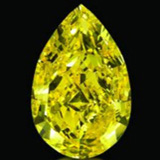
This seminar explores all aspects of the modern diamond trade, including the geologic settings for diamond formation, interesting physical properties of diamonds, mining practices, industrial uses, gemology, socio-political concerns (including conflict or “blood” diamonds), and economics of the diamond business. Students will be assigned short readings on these topics and will lead discussions in class based on these readings.
GEO 102 The Earth
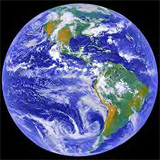
A summary of the processes that have shaped the earth and other terrestrial planets as inferred from study of their surface materials, structural features, and interiors. Topics include the Earth in the solar system; Earth materials and rock-forming processes; surface processes and their bearing on human activities; crustal deformation and global tectonics; the Earth’s interior; and the geological features, compositions, and evolution of the terrestrial planets.
GEO 106 Introduction to Planetary Geology
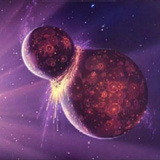
Geology and geological history of the terrestrial planets, planetary satellites and minor bodies of the solar system are evaluated. Emphasis is placed on geological results from the most recent planetary missions. Among the main topics to be considered are meteorites and the origin of the terrestrial planets, the internal structure of terrestrial planets, planetary volcanism, planetary stratigraphy, surface processes such as meteorite impacts, wind and weathering, minor bodies of the solar system and the origin of the solar system.
GEO 330/530 Geology of Mars
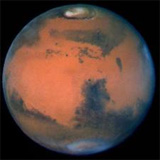
Overview of Mars as a planetary system. Evolution of the planet and its atmosphere through time. Detailed discussion of processes that have shaped the martian surface, including erosion, sedimentation, volcanism, impact cratering, physical and chemical weathering. Comparison of geologic processes on Mars and Earth. Discussion of past and future spacecraft missions to Mars.
GEO 604 Geology of the Moon
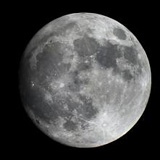
Focuses on the geological processes shaping the Moon. Emphasis is placed on understanding the lunar magma ocean hypothesis, differentiation of the interior and formation of the crust, and external forces such as impact cratering and space weathering processes. We also discuss the recent Lunar Reconnaissance Orbiter and LCROSS missions and their impact on lunar exploration.
GEO 604 Mineralogy and Geochemistry of Mars
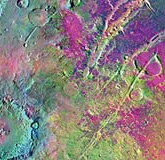
Focuses on how mineralogical and geochemical data from past and present Mars missions as well as analysis of Martian meteorites are used gain a greater understanding of how Mars formed and evolved over time. Meteorites are used to infer the geochemical makeup of the bulk of Mars and remote sensing and in situ measurements give information on the primary crustal mineralogy and chemical weathering processes.
GEO 607 Geology of Saturn's Moons
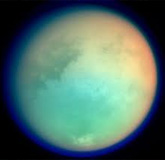
Focuses on the geological processes shaping the Saturnian moons. Emphasis is placed on understanding how the thick atmosphere of Titan affects its surface properties and the complicated geophysics that makes tiny Enceladus geologically active. Other interesting bodies such as Mimas, Iapetus, and Rhea are also be discussed.